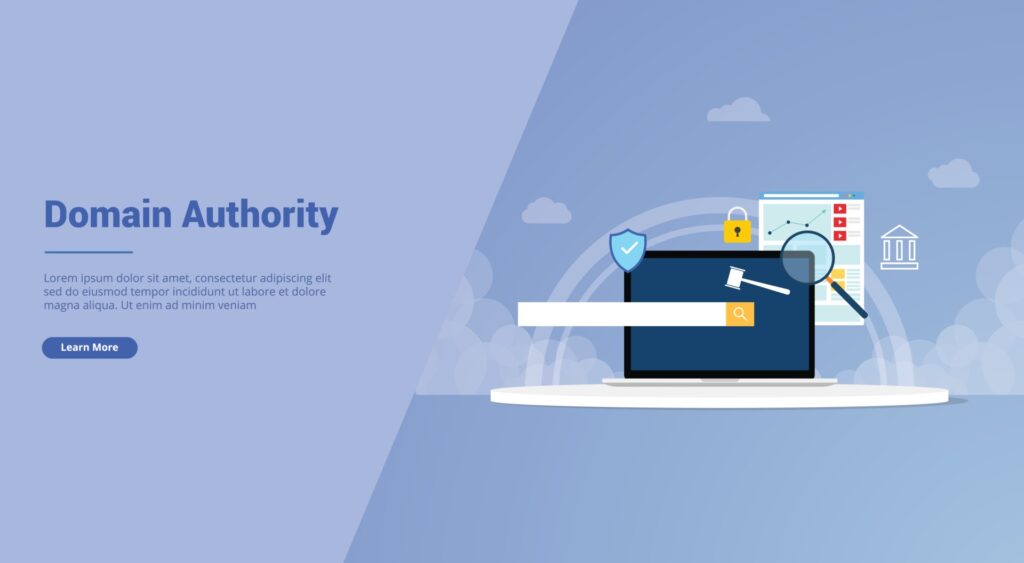
Introduction
Launching a business website is just the beginning of your digital journey. If you want to stand out online, attract customers, and grow your brand, you need more than a static site. This is where a blog becomes one of the most powerful tools at your disposal. A blog for business website growth is no longer optional it’s a necessity, and understanding the Top Reasons You Need a Blog on Your Business Website will help you unlock its true potential.
Your blog acts as a dynamic extension of your business website, giving you a platform to share valuable insights, answer customer questions, and build authority in your industry. Whether you run a small startup, a local store, or a large company, blogging provides long-term benefits that no paid advertisement can fully replicate.
In this article, we’ll explore in detail the top reasons you need a blog on your business website. We’ll cover how blogs improve SEO, drive traffic, generate leads, and establish trust, along with practical examples and tips you can start applying today.
1. Blogs Improve SEO and Search Rankings

One of the strongest reasons you need a blog on your business website is the impact it has on SEO. Search engines like Google thrive on fresh, relevant, and keyword-rich content. A static homepage or a few product pages won’t give your website the depth it needs to compete in search results.
Every blog post is a new opportunity to rank for targeted keywords, especially long-tail queries that your customers are searching for. For example, a bakery website could publish blogs like:
- “10 Best Cakes for Wedding Anniversaries”
- “How to Store Cupcakes Overnight”
These posts not only attract organic search traffic but also connect with real customer needs.
Internal Linking Advantage
A blog allows you to interlink relevant pages on your website, improving crawlability for search engines and keeping visitors engaged longer. For example, a blog about “Top 5 Web Design Trends in 2025” can link to your web design service page, boosting both authority and conversion potential.
Case Study Example
HubSpot, one of the biggest names in marketing, built its reputation largely on blogging. Their SEO-rich blogs attract millions of visitors monthly, many of whom convert into leads. This demonstrates how a blog for business website success can create compounding SEO benefits over time.
2. Blogs Drive Consistent Website Traffic

Unlike paid ads that stop driving traffic once your budget runs out, blogs continue working for you day and night. A well-optimized blog can bring in visitors for years after it’s published.
Evergreen vs Trending Content
- Evergreen blogs (e.g., “How to Write an Effective Resume”) generate steady traffic for years.
- Trending blogs (e.g., “Best Resume Formats for 2025”) give short-term spikes but establish topical authority.
A smart blog strategy uses both types to maximize visibility.
Compounding Effect
Imagine publishing one blog per week for a year. By the end of the year, you’ll have 52 indexed pages bringing in traffic. Over time, the effect multiplies, driving consistent organic growth without extra ad spend.
3. Establish Authority and Trust

Customers buy from businesses they trust. A blog for business website growth helps you showcase expertise and build authority in your field.
When you consistently publish well-researched, insightful blogs, readers begin to see your brand as an industry leader. For example:
- A law firm publishing blogs like “5 Things to Know Before Signing a Contract” builds trust with potential clients.
- A fitness trainer sharing “The Science Behind Muscle Recovery” establishes authority in health and fitness.
This trust translates into better brand reputation, stronger relationships, and ultimately more sales.
4. Educate Your Audience
Many potential customers don’t make buying decisions immediately. They research, compare, and seek knowledge before committing. Blogs give you the chance to educate them throughout their journey.
Turning FAQs into Blogs
Instead of answering customer questions repeatedly, you can turn them into detailed blog posts. For example:
- A digital marketing agency can write “How Long Does SEO Take to Show Results?”
- An interior designer can publish “Best Colors for Small Living Rooms.”
These posts answer common questions, improve your visibility, and nurture leads at the same time.
5. Generate and Nurture Leads
A blog for business website success isn’t just about traffic; it’s also a powerful lead-generation machine. By placing CTAs (calls-to-action) in your blogs, you can guide visitors to subscribe, download resources, or request quotes.
Example Lead Magnets in Blogs
- Free eBooks (e.g., “Complete Guide to Website Security”)
- Checklists (e.g., “10 Things to Do Before Launching Your Website”)
- Webinars and Free Demos
With every blog post, you have a chance to collect emails and grow your marketing funnel.
6. Support Social Media Marketing

Creating fresh content for social media can be challenging. Blogs solve this problem by providing a steady stream of shareable content.
You can repurpose a single blog into:
- Twitter/X threads
- LinkedIn posts
- Instagram carousels
- Short videos for TikTok or YouTube Shorts
This way, your blog content multiplies across different channels, amplifying your reach without reinventing the wheel.
7. Cost-Effective Marketing Tool
Compared to paid advertising, blogging is one of the most cost-effective ways to market your business online. While ads require constant investment, blogs only need time and strategic effort.
According to studies, businesses that blog generate 67% more leads than those that don’t. The ROI is higher because blogs continue to deliver value long after they’re published.
8. Improve Customer Engagement

Engagement is a critical part of digital success. A blog provides the perfect space for meaningful interaction with your audience.
- Customers can leave comments, ask questions, and share feedback.
- You can track which topics resonate most using analytics.
- Engaging blogs keep visitors longer on your site, reducing bounce rate and increasing conversions.
9. Showcase Products or Services Naturally
A blog is not just about education; it can also highlight your products and services without sounding salesy.
For example:
- A software company can write a blog like “Top Challenges in Project Management and How Our Tool Solves Them.”
- A fashion brand might publish “10 Styling Tips with Our Summer Collection.”
This approach demonstrates value while subtly promoting your offerings.
10. Give You a Competitive Edge
If your competitors are blogging and you’re not, you’re already falling behind. On the other hand, if your competitors aren’t blogging, starting one gives you a major advantage.
Publishing high-quality blogs helps you dominate search rankings, gain more visibility, and capture market share before others do.
11. The Future of Blogging in 2025 and Beyond
Blogging continues to evolve. In 2025 and beyond, businesses will need to focus on:
- AI-driven personalization – Tailoring content to individual users.
- Voice search optimization – Writing blogs that answer conversational queries.
- Multimedia integration – Adding videos, infographics, and podcasts to blogs.
Adapting to these trends ensures your blog stays relevant and impactful.
12. Common FAQs About Blogging for Business
Q1: How many blogs should I post per month?
Most businesses see results with 4–8 blogs per month. Quality matters more than quantity.
Q2: Does blogging still work in 2025?
Yes, blogging remains one of the most effective long-term digital marketing strategies.
Q3: How long should a business blog be?
Blogs between 1500–2500 words perform best for SEO, but short and focused posts can also add value.
Q4: Can I start blogging without experience?
Absolutely. Consistency, research, and understanding your audience are more important than perfection.
Conclusion
A blog for business website growth is one of the smartest investments you can make. It boosts SEO, drives consistent traffic, builds trust, generates leads, supports social media, and gives you a competitive advantage. Unlike paid ads, the benefits of blogging compound over time, making it a cost-effective marketing strategy for businesses of all sizes.
If you haven’t already started blogging, now is the perfect time. Each blog post you publish is a new opportunity to connect with potential customers and grow your online presence.
Ready to boost your online presence? Let us create and customize a blog section for your website using WordPress connect with us today to get started.
